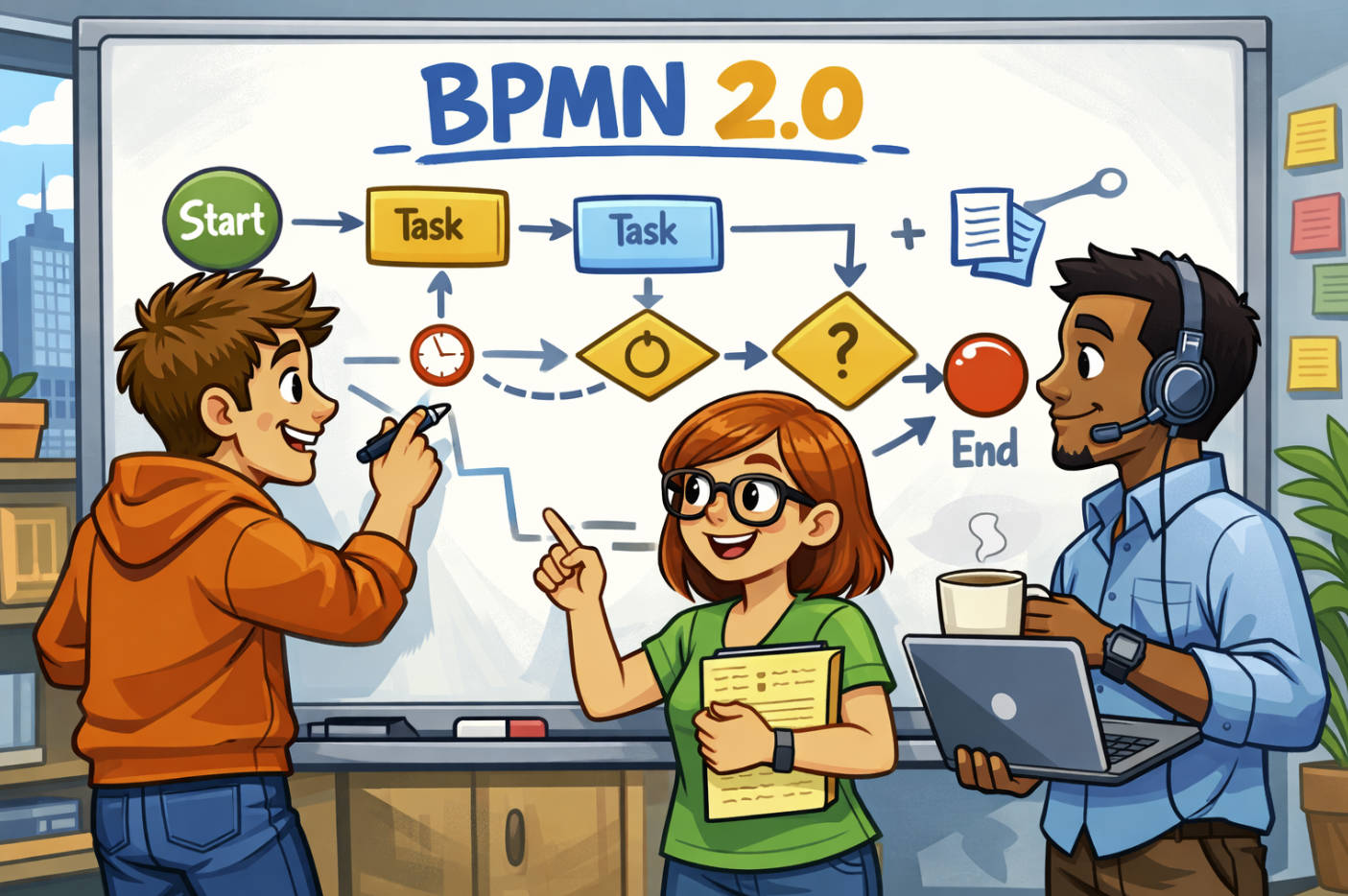What Is Business Process Documentation?
Business processes keep everything running.
But when they are not properly documented, employees guess their way through tasks.
This leads to errors, inconsistencies, and wasted time.
Many companies struggle with:
- Who is responsible for documenting processes?
- Who can map out workflows?
- Who writes process manuals?
The answer? A technical writer who specialises in process mapping.
Why Process Documentation Is Essential
Without clear documentation, businesses face:
❌ Operational inefficiencies
❌ Higher training costs
❌ Miscommunication between teams
❌ Difficulty scaling operations
A technical writer ensures every business process is mapped, structured, and easy to follow.
Who Should Document Your Business Processes?
A process documentation specialist (aka a technical writer) is trained to:
✅ Break down complex processes into simple steps
✅ Create flowcharts and process maps for clarity
✅ Ensure consistency across all departments
✅ Update documents as workflows evolve
Many businesses make the mistake of assigning documentation to someone who is not trained—leading to confusing, incomplete, or inaccurate processes.
A technical writer prevents that.
Need help documenting your business processes properly?
At Aliso Digital, we specialise in process mapping and documentation to keep businesses running smoothly.
👉 Visit Aliso Digital to get expert documentation services today.






